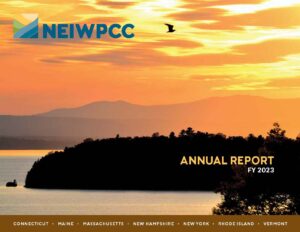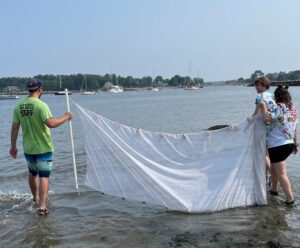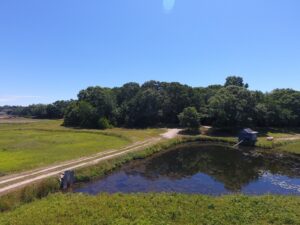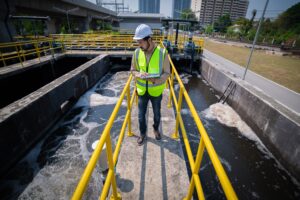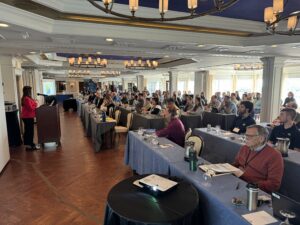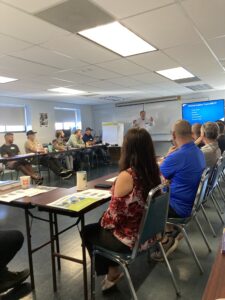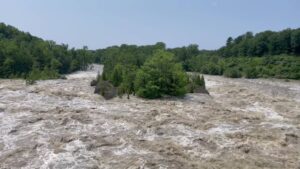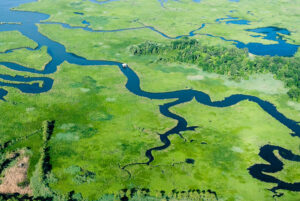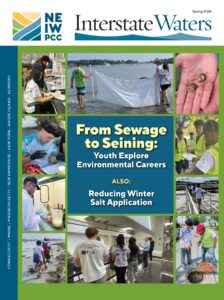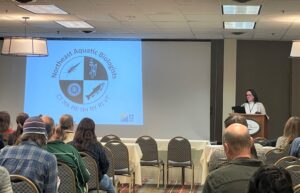-
2023 Annual Report Now Available
NEIWPCC’s 2023 annual report is now available, both online and in print. The report features accomplishments from throughout the fiscal year and is organized around NEIWPCC’s core values: leadership, collaboration,
-
From Sewage to Seining: Youth Explore Environmental Careers
By Cheyenne Ellis A group of high school students trudge down the coastal forest path, swatting bugs away from their faces and grumbling as they make their way toward the
-
Clean Water Podcast Features Nature-Based Solutions on Cape Cod
Water quality issues on Cape Cod, Massachusetts stem from an increasing population as well as an influx of summer tourists that nearly triple the local population. Excess nitrogen enters area
-
“Management May” Wastewater Training Series Now Offered
This May, NEIWPCC will launch a new a-la-carte management training series for clean water professionals. The four courses are designed to help operators build the skills needed to grow in
-
Annual Nonpoint Source Conference Focuses on Climate, Outreach and Implementation
The 34th Annual Nonpoint Source (NPS) Conference was held in coastal Old Saybrook, Connecticut in early April. This year’s theme, “Climate Resiliency through NPS Outreach and Implementation,” underscored the vital
-
Upcoming Course Will Teach Outreach Skills to Wastewater Professionals
NEIWPCC will offer a live-virtual course worth three training contact hours entitled “Increasing Public Support for Wastewater with Proven Positive Outreach” on Thursday, April 11 at 12:15 – 3:15 p.m.
-
Maine, Vermont Floods Underscore Climate Change Impacts
As powerful floods swept through Vermont and Maine in 2023 and early 2024, they left communities struggling to cope and highlighted the increasing risks posed by climate change. Record rainfall
-
Clean Water Podcast Explores Partnership Approach in Maryland’s Choptank River
In the Choptank River watershed, located in Delaware and Maryland, a multi-stakeholder collaborative works to improve water quality by developing locally driven projects that benefit the community and the environment.
-
Spring Issue of Interstate Waters now Available
One of NEIWPCC’s key critical objectives centers on workforce development, with the goal of delivering programs and services that attract and retain a diverse, talented group of water quality professionals,
-
Collaboration and Research at the 2024 Northeast Aquatic Biologists Conference
More than 175 aquatic and environmental biologists attended the annual Northeast Aquatic Biologists (NAB) Conference in Fairlee, Vermont. The event drew participants from state, federal, tribal, and municipal governments; the private
